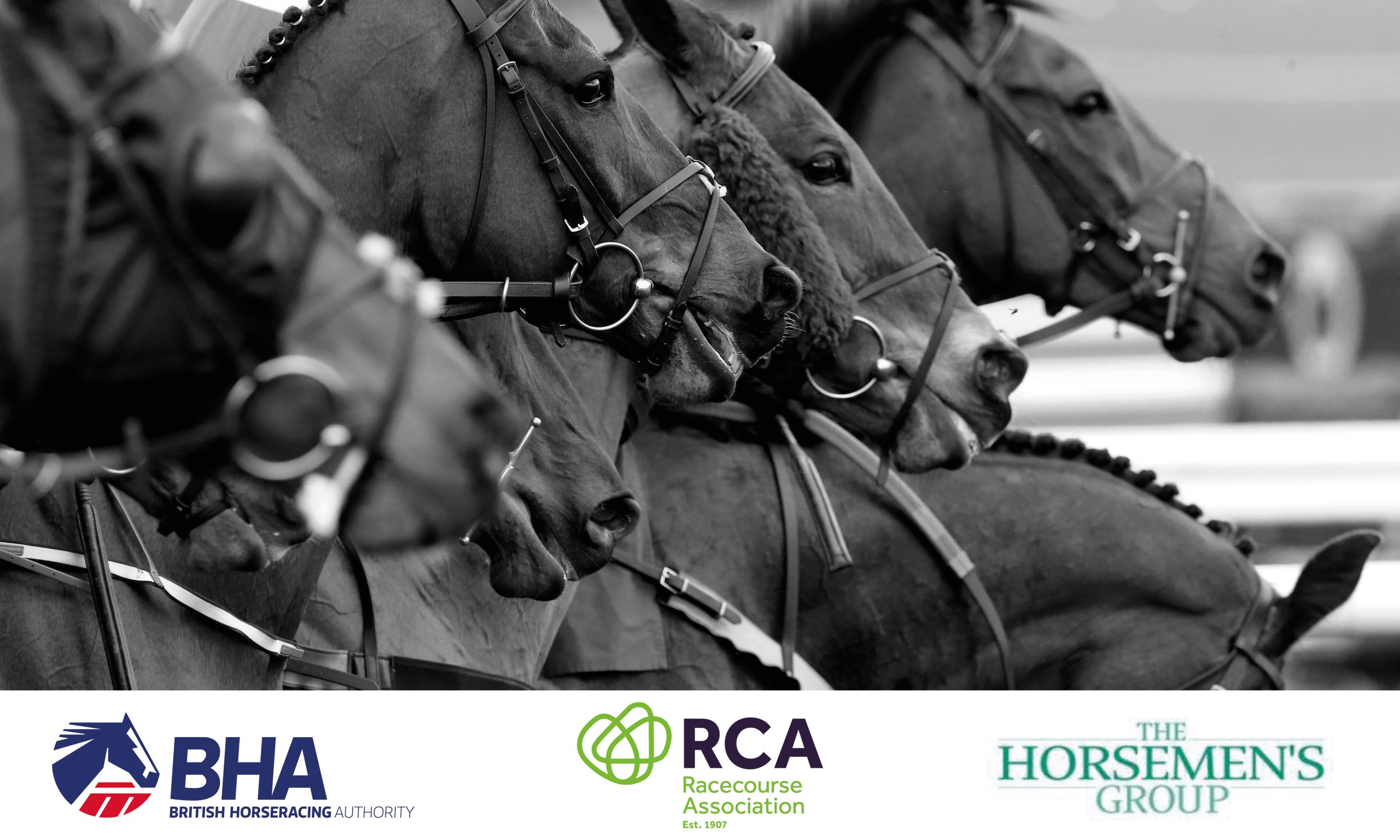
Racing leaders are working to a detailed plan coordinated by the industry group set up to tackle COVID 19. The focus of the plan has shifted over the last 72 hours from allowing racing to continue behind closed doors, maintaining high medical and welfare standards, to meeting the immediate needs of individuals facing hardship and working on a financial response in the light of the suspension of racing.
Senior executives from the British Horseracing Authority (BHA), Racecourse Association (RCA), National Trainers Federation (NTF) and the Racehorse Owners Association (ROA) met again this morning to work on an assessment of immediate needs and identify the funding available from government and industry sources as a priority. Few details have been given so far of the processes involved in applying for government assistance, but the BHA is constantly engaged with key departments to ensure they are aware of the issues that have already been encountered. All this will assist in enabling the industry to put forward a request for government support.
The Industry Group is meeting again tomorrow morning to finalise an initial plan. As well as the immediate response to the shutdown, it is coordinating teams and resources to focus on the problems and issues the industry needs to address and resolve. It is already developing a resumption plan to enable racing to get up and running when that becomes possible.
The BHA chairs the Industry Group, through its Chief Executive Nick Rust. Other senior executives involved include David Armstrong from the RCA, Charlie Liverton from the ROA and The Horsemen’s Group, Rupert Arnold from the NTF and Claire Sheppard from the Thoroughbred Breeders Association (TBA).
The BHA is supporting all areas of the industry plan. These include:
- Finance: This work is led by senior executives and is assessing the financial needs of racecourses, trainers, breeders, other employers and those working in racing. All avenues of potential assistance are being explored. It is supported by the BHA’s Public Affairs Team which is in daily contact with government.
- People: Dawn Goodfellow from Racing Welfare has joined the Industry’s COVID19 Group and will work initially to coordinate help for individuals, supported by the Industry People team led by Will Lambe at the BHA.
- Medical: Dr Iain McNeil, the RCA’s Medical Advisor and Dr Jerry Hill from the BHA continue to provide racing with advice on how the pandemic is developing and actions to be taken.
- Equine Sector: George Noad from the NTF, Claire Sheppard from the TBA and Charlie Liverton from the ROA provide an overview of the impact on trainers, breeders, their staff and jockeys as well as the needs of owners. Dr David Sykes, the BHA’s Director of Equine Health and Welfare, will develop a welfare and veterinary response to support those looking after horses.
Effort is already directed at making sure racing is ready to return at the earliest possible opportunity. Key areas here include:
- Race-day Resilience and Planning: This work is to ensure that all requirements are in place to run race-days when possible. Caroline Davies leads for the RCA, whilst Brant Dunshea, the Chief Regulatory Officer of the BHA, will ensure that all regulatory functions are maintained, including stewarding, integrity and veterinary resources.
- Fixtures and race programmes: Richard Wayman from the BHA leads a tripartite team planning a schedule for resumption, with Ruth Quinn leading on the Pattern and international engagement.
Finally, there are two key areas of work to support the group and keep the industry informed of progress.
- The BHA provides project management and support for the industry group, led by its Director of Communication and Corporate Affairs, Martin Fewell.
- The same team deals with media and government, with its Head of Stakeholder Engagement, Alison Enticknap, leading engagement with the racing industry as the plan develops.
Membership organisations continue to share valuable information and guidance either directly and/or on their websites, which is specific to the needs of their members and reflects questions being asked. We encourage trainers, owners, stable staff, jockeys, breeders and racecourse staff to check this information regularly for updates and to contact these organisations direct with any further questions.
In addition, there are other areas of work underway. Racing Together is identifying ways in which racing may be able to support the wider community effort to tackle the impact of the virus. The BHA is looking at how to fill resourcing gaps that emerge in the industry through Brant Dunshea, and will share details in the next few days of how it intends to manage outstanding disciplinary matters, including appeals, during the shutdown.
Nick Rust, the BHA Chief Executive who chairs the Industry Group, said:
“The effort from across the sport at the moment is incredible. There is a determination that racing will not be beaten by this shutdown. The willingness to help is universal. We will do all we can to keep people informed as we progress.”
The Chief Executive of Racing Welfare, Dawn Goodfellow, added:
“We are acutely aware that the current situation will be resulting in immediate hardship for many people from a whole range of different roles across the industry. We are working hard to ensure that any available funds that the industry can provide are disbursed quickly, fairly and transparently to those in most need.”
Rob Hezel, the Chief Executive of the Racing Foundation, which has managed since 2012 the funds received by racing after the sale of the Tote, said:
“We are working as fast as possible with senior racing executives to work out how best to use our resources to support the developing plan. We are also liaising with other funding bodies to increase the levels of support that can be made available and we are examining the pressures being faced by racing’s charities so we can help them wherever possible too.”
